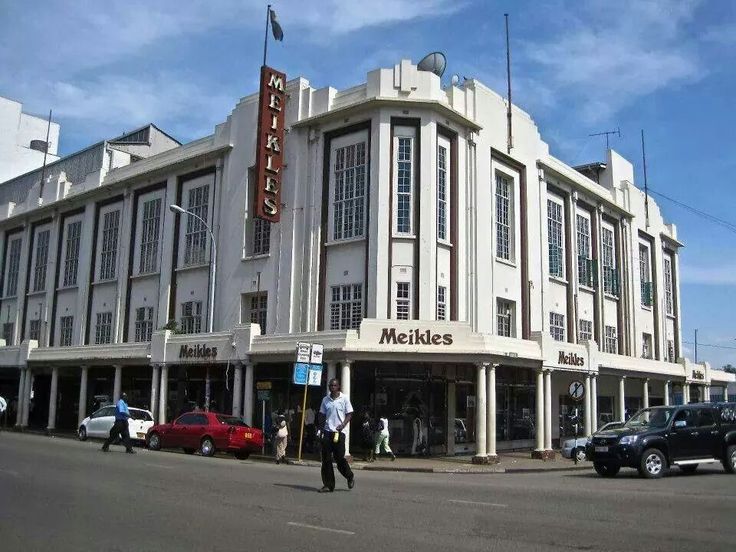Meikles business model allows the company to be more agile: FBC Securities
FBC Securities says Meikles Limited’s business model is a high-cash-flow business, allowing the company to be more agile and responsive to market opportunities and threats.
In its earnings review, FBC said despite some complexities in the economic environment wherein formal retailers are mandated to use the prevailing interbank exchange rate for product pricing, Meikles managed to sustain volume altitudes, enduring only a 4.8 percent decline (FY24) in terms of units sold.
“Investment in new technologies, penetration into new markets through new stores and pivoting strategies are seamless given limited financial resources,” reads the FBC Securities mini-review report.
FBC Securities said that against the backdrop of a robust cash flow structure, Meikles has managed to sustain a constant dividend policy, barring obtaining economic circumstances characterised by inflationary pressures and exchange rate volatility.
It said the business also has a lower debt level of circa 3,13 percent, which reduces financial risk and enhances its credit profile.
On the backdrop of regulatory evasion by informal competition, wherein tuckshops operate with relatively lower overheads emanating from tax avoidance and minimum regulatory compliance, price undercutting remains a key downside risk to the Meikles business in the highly dollarised economy.
“However, informal competition seems more pronounced in high- to medium-density areas; the business continues to gunner favourable volumes in suburban areas and low-density areas, especially stores in Borrowdale and Arundel.
“Effective customer profiling, whereby stores are increased in suburban areas, will be paramount given high dollarisation in the economy and exchange rate volatility expectations,” reads the mini-review.
In the year ended February 29, 2024, group revenue grew to $10,4 trillion from $5,2 trillion, representing a 102 percent increase with growth across all the segments.
The group’s gross profit margin was maintained at 22,8 percent, the same as last year, despite the exchange rate-induced volatility in the prices of goods.
The group’s supermarket trading as TM Pick n Pay revenue grew by 102 percent to $10,4 trillion.
Units sold for the year declined by 4,8 percent due to the combined effect of uncompetitive USD prices for formal retail and depressed consumer demand.
“The authorities controlled the in-store exchange rate used by formal retail players, while informal players used higher exchange rates, giving them a competitive edge.
“Despite this impediment, units sold in the second half of the financial year recovered by 5,2 percentage points, reducing the full-year deficit to 4,8 percent from 10 percent at the half-year mark,” said John Moxon, the group’s chairman.
He said revenue received in foreign currency during the year was below 20 percent of the total revenue, and this fell far short of the average mix of transactions conducted in foreign currency in the economy, which was 80 percent in USD, due to the uneven enforcement of the in-store exchange rate policy.
Moxon said the gross profit margin was maintained at 23 percent from last year, despite the volatility of ZWL prices.-ebusinessweekly











